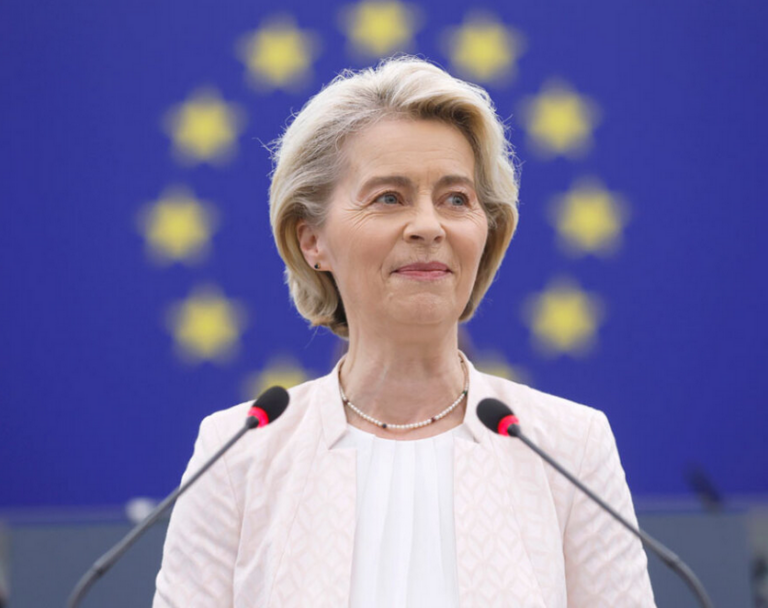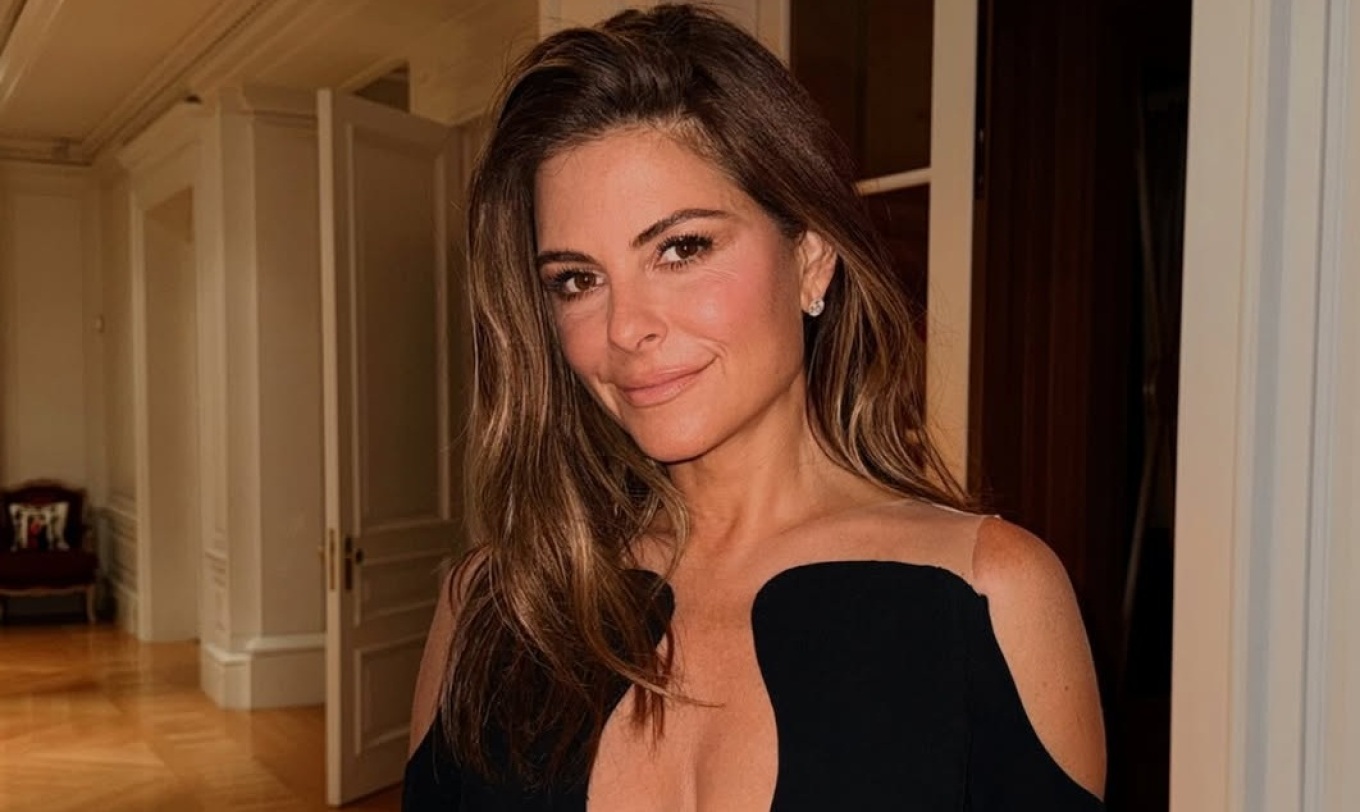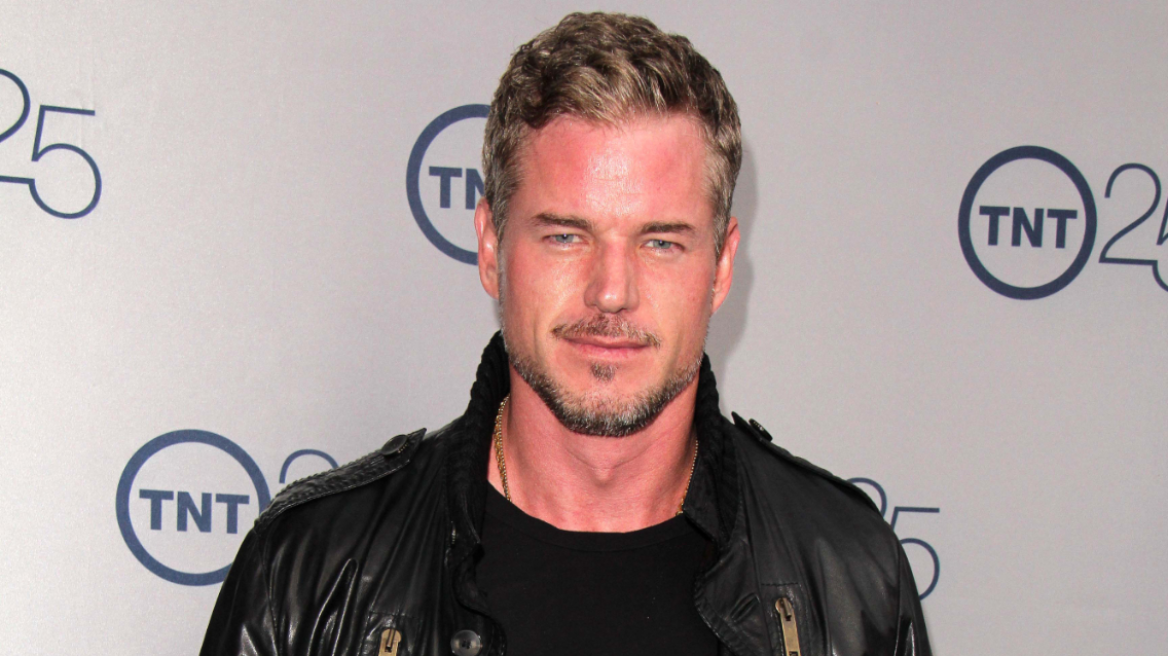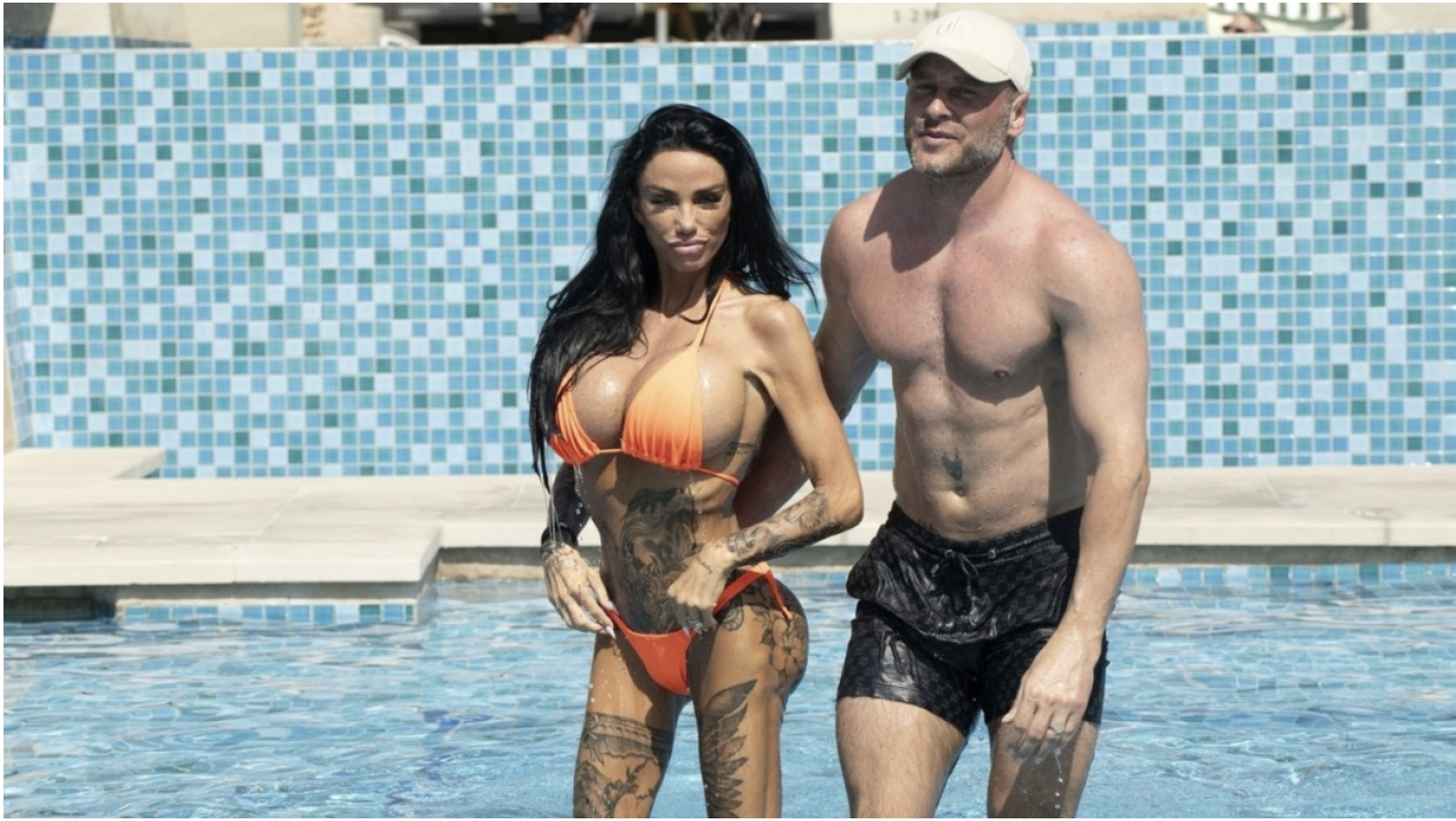Before taking a break to spend time with her family, European Commission President Ursula von der Leyen will ask EU national governments to send the names of individuals they wish to participate in the next group of commissioners.
Each country receives one commissioner. Von der Leyen is considered Germany’s choice, and Kaja Kallas, who has been endorsed by EU leaders to become the next head of foreign policy, will be Estonia’s representative (the head of foreign policy is appointed by the European Council but is a vice-president of the Commission). Von der Leyen is asking each country to propose one man and one woman unless the current commissioner remains in office.
Who Will Stay?
Several governments have chosen to avoid an unpleasant internal dispute by reappointing the current commissioner from their country. After all, their experience and personal relationship with von der Leyen could help secure a better portfolio. For example, Maroš Šefčovič (Slovakia) and Valdis Dombrovskis (Latvia) will add another five years to their European Commission resumes. The same is likely true for Dubravka Šuica (Croatia), although she has not yet been officially confirmed by her government. Dutch Commissioner Wopke Hoekstra, who joined the European Commission in October as the replacement for climate tsar Frans Timmermans, is set to return for another five years, despite his party not being part of the Dutch government. It remains unclear whether the French and Greek leaders will decide to reappoint their current commissioners, Thierry Breton and Margaritis Schinas, according to Politico. In Greece, names like Niki Kerameos and Apostolos Tzitzikostas are also being mentioned.
What New Names Should We Be Learning to Pronounce?
An increasing number of countries have started proposing names even before von der Leyen makes her official request. Spain hopes to secure a major portfolio in energy and climate for Minister for Ecological Transition Teresa Ribera, especially as she is likely to be the highest-ranking socialist in the next Commission. Sweden is sending EU Minister Jessika Roswall, Finland is sending MEP Henna Virkkunen, Slovenia has proposed former Court of Auditors President Tomaž Vesel, Ireland has suggested Finance Minister Michael McGrath, and the Czech Republic has proposed Minister of Industry and Trade Josef Sikela.
Unclear for More Than 12 Countries
Many pieces of the puzzle remain unclear, despite the rumor mill working overtime in Brussels. More countries will propose their names in the coming weeks.
So far, no one has publicly proposed two candidates as requested. But European leaders are well aware that von der Leyen is aiming for another Commission with balanced gender representation. In some cases, there will be behind-the-scenes bargaining over names and portfolios before anything official is announced, to avoid publicly damaging a candidate who might be rejected.
In other cases, politicians are battling over the nomination. In Lithuania, the Prime Minister and President are openly fighting over the candidate. In Poland, the battle is behind closed doors. Other countries, such as Bulgaria and Belgium, are in the midst of forming new governments, making it difficult to decide on a name.
What Are the Major Prizes?
It is no secret that France is eyeing a high-profile economic portfolio to help steer the bloc’s industrial agenda against competition from the U.S. and China – possibly overseeing areas where Brussels has hard power: trade and competition. Italy is also vying for this role. A crucial question is whether von der Leyen will decide to keep far-right leader Giorgia Meloni sweet with a prime ministerial position for an Italian from her camp or leave her with the more symbolic new Mediterranean portfolio.
The enlargement portfolio will be a top-level position because negotiations to expand the EU to include Ukraine will be one of the most politically sensitive jobs of the Commission.
The position of Commissioner for Agriculture is also one to watch, given that the EU plays a huge role in agriculture and food. It is also a position that reveals how challenging it is to create a politically balanced Commission. Christophe Hansen from Luxembourg, from the center-right European People’s Party, has emerged as an early hot tip for this role, as the Socialist camp seems to have abandoned hopes for the current Luxembourg Commissioner and leading Socialist candidate during the campaign, Nicolas Schmit, to serve another term, possibly extinguishing Hansen’s chances.
Von der Leyen will also seek a commissioner dedicated to the Mediterranean, which sounds appealing but is likely a tough job dealing with migration and security issues in the Middle East and North Africa. Cyprus has made early expressions of interest in this position.
There is also the prospect of a Defense Commissioner, which caused some early excitement until candidates realized how little power the EU has in this area. Speculation briefly focused on Polish Foreign Minister Radosław Sikorski until he discounted himself. Poland is also sometimes mentioned as a possible candidate for the enlargement commissioner role, given Warsaw’s support for Kyiv, but this role could create thorny issues in domestic politics, with Polish farmers not being too enthusiastic about integrating Ukraine’s vast agricultural sector into the EU.
Who Will Get What Portfolio?
That depends on von der Leyen. She needs to consider gender balance, party balance, and geographical balance. Leaders will bargain (and have already done so, in exchange for their support for von der Leyen at the European Council) for portfolios, hoping to secure a strong position. It will be challenging to find enough women, so countries proposing a female candidate have an advantage over those proposing a male. Von der Leyen has also made it clear to leaders that she wants experienced and capable commissioners, ideally with previous executive experience in their countries.
What Happens Next?
European capitals have a deadline until the end of August to submit their candidates. von der Leyen will begin interviewing (new) candidates from mid-August and then start piecing together the puzzle. von der Leyen has also asked leaders to send a candidate of each gender.
Meanwhile, groundwork is being prepared for the next commissioners. The political guidelines von der Leyen presented before the vote for her confirmation in the Parliament – essentially, her plan for the next five years – will form the basis of the mission letters sent to the new commissioners, outlining what will be expected of them.
Once von der Leyen completes her work, it will be up to the European Parliament to vet the new commissioners in hearings to be held in late September and October. The Parliament can reject candidates, and it likes to demonstrate its power by giving a thumbs-down to some. If this happens, the country concerned will need to propose a new candidate. In 2019, the initial choices for French, Romanian, and Hungarian commissioners were rejected.
EU officials hope the new European Commission will be in place by November 1st.
Ask me anything
Explore related questions





